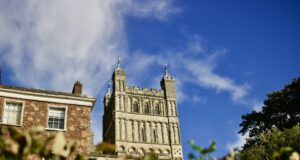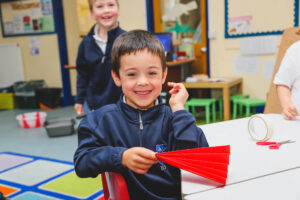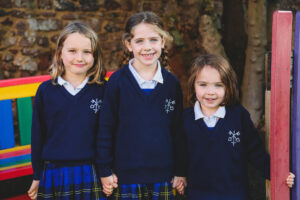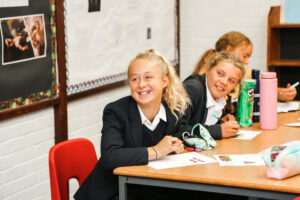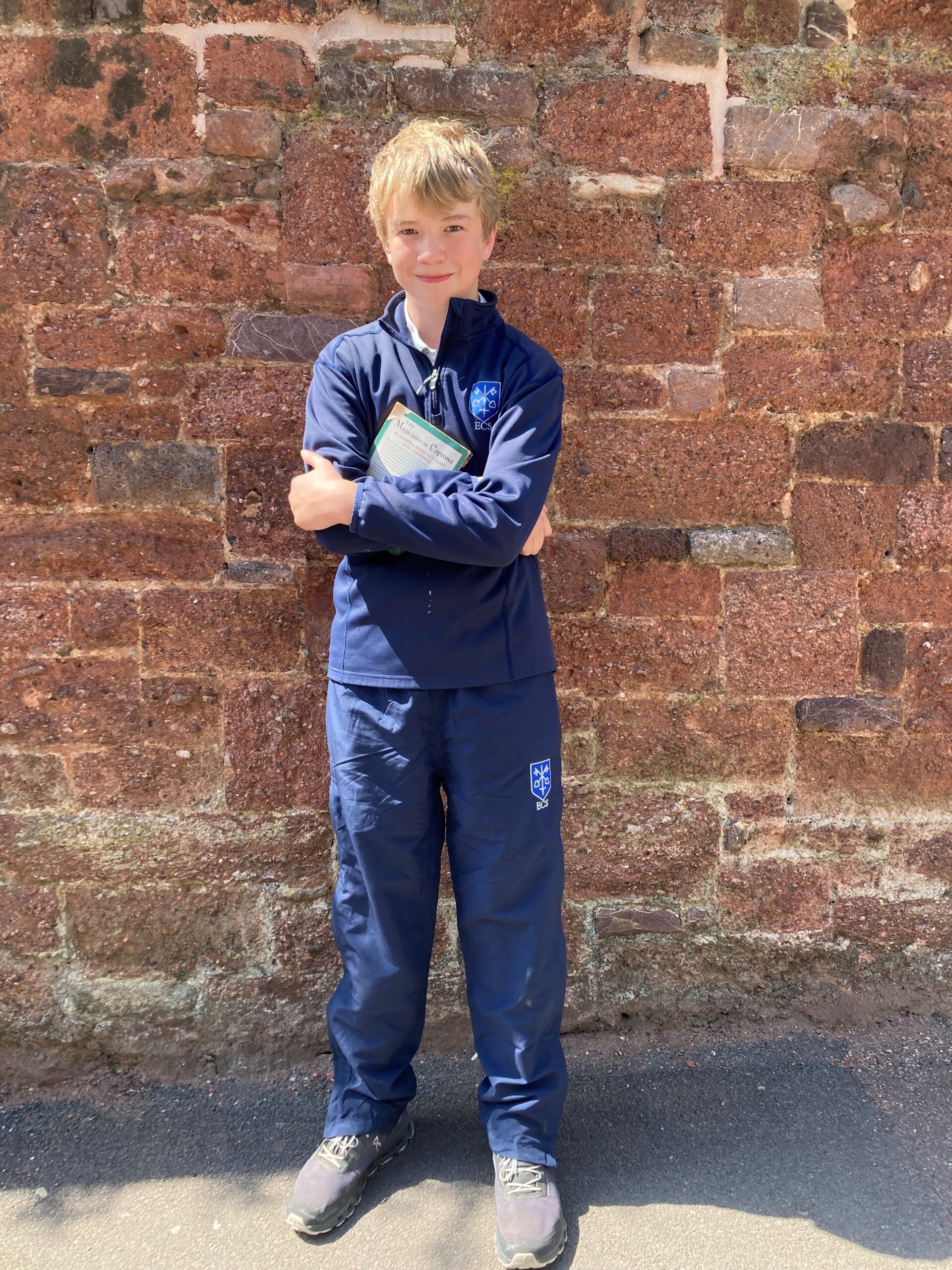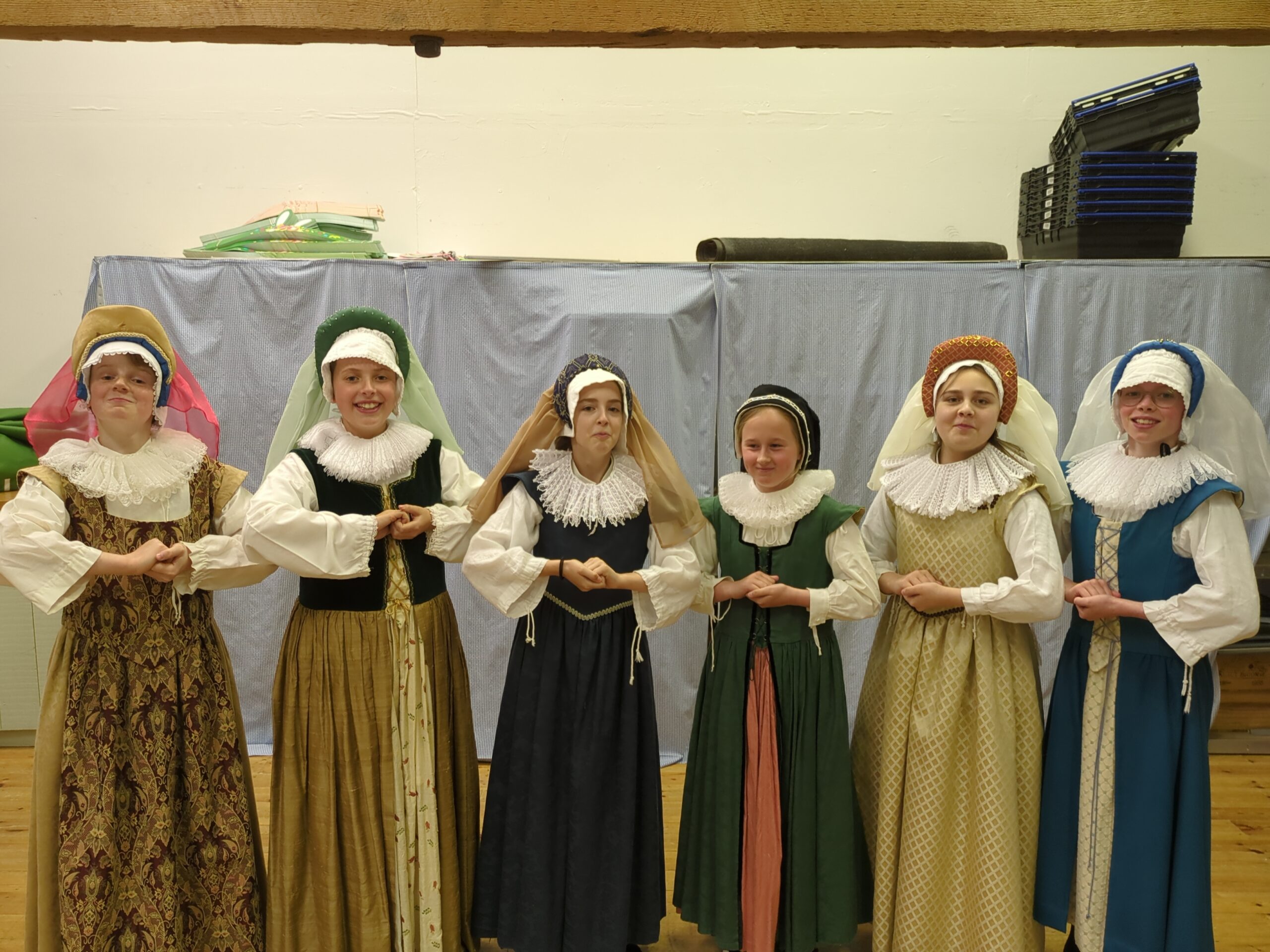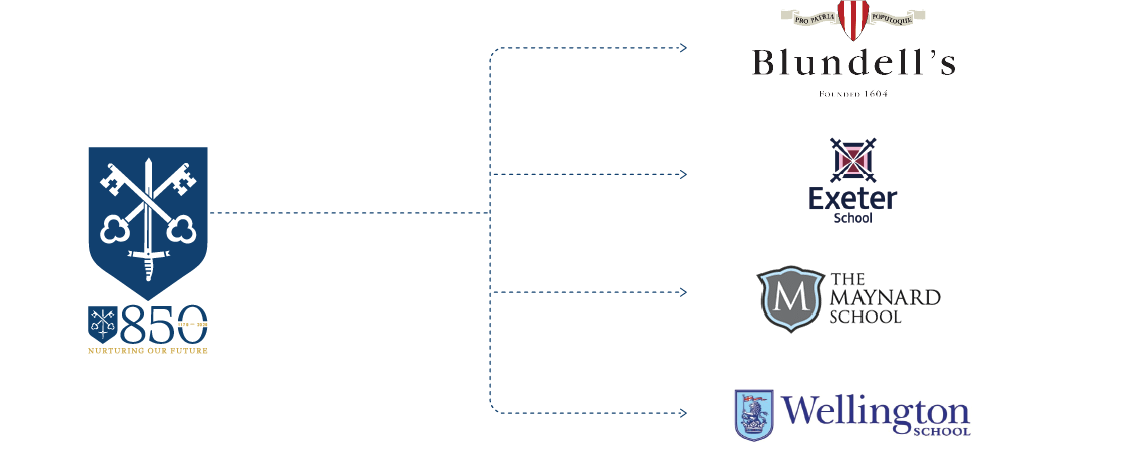My earliest memories of remembrance are inextricably linked with my grandparents. As a young boy, I often stayed with them the night before Remembrance Sunday, and we watched the Festival of Remembrance from the Royal Albert Hall on the Saturday evening. It was an unmissable event for that generation. I must confess to having mixed feelings about this spectacle. Even as a child, I was uncertain about the pomp and ceremony.
However, against this backdrop, I was also told stories from both the great conflicts of the twentieth century. I learned about great-great uncles, barely more than boys themselves, who had fallen in northern France during the Great War, I heard tales of my great-grandfather who never recovered from the shell-shock he suffered in the trenches, a great-uncle who returned, emaciated, from a prison-camp in the far east, and, first-hand, of my grandfather’s experience of joining the army at 17 years of age in 1944. My grandparents also spoke of their love for the King and Queen who had refused to leave London during the blitz in solidarity with their people. This was an altogether more engaging and meaningful form of remembrance.
I believe that acts of remembrance risk losing their power and relevance if they become decontextualised and unrelated to personal and captivating stories. A few years ago, when Michael Gove was Secretary of State for Education, a row broke out over how the First World War should be remembered. What caught the headlines was Gove’s full-frontal assault on the myth of ‘lions led by donkeys’ portrayed in programmes such as Blackadder. Gove also took issue with some who characterised remembrance celebrations as jingoism. It is hard to imagine anyone disagreeing with Gove half a century ago, and on a personal level, I wonder if that change is, in part at least, because many of those personal connections with conflicts of the past have been lost to many.
Next week, we will observe our own acts of remembrance at ECS. Sadly, we will not be able to assemble in the Cathedral with the wider community, as we have done in previous years, but we will meet in Kalendar Hall and in Hall House to commemorate the bravery and heroism of those, living and dead, who have served our country. As teachers, we are aware of how important it is to engage children with stories that transport them to another time and place; stories that fascinate, inspire and, at times, even shock. When we commemorate the fallen, we hope to do so a way which gives an insight into the courage and selflessness behind the sacrifice of so many; that is the most noble and fitting way in which we can honour their memory. In an outpouring of grief and anger, Wilfred Owen claimed that “Dulce et decorum est pro patria mori” was simply an “old Lie”. While Owen was right to attack the perverse idea that dying for one’s country was ‘sweet’, I hope we can all recognise the profound debt that we owe those who put the collective good above their own lives.
Mr Meeke
Head of Upper Years, Head of Scholarships and Enrichment
